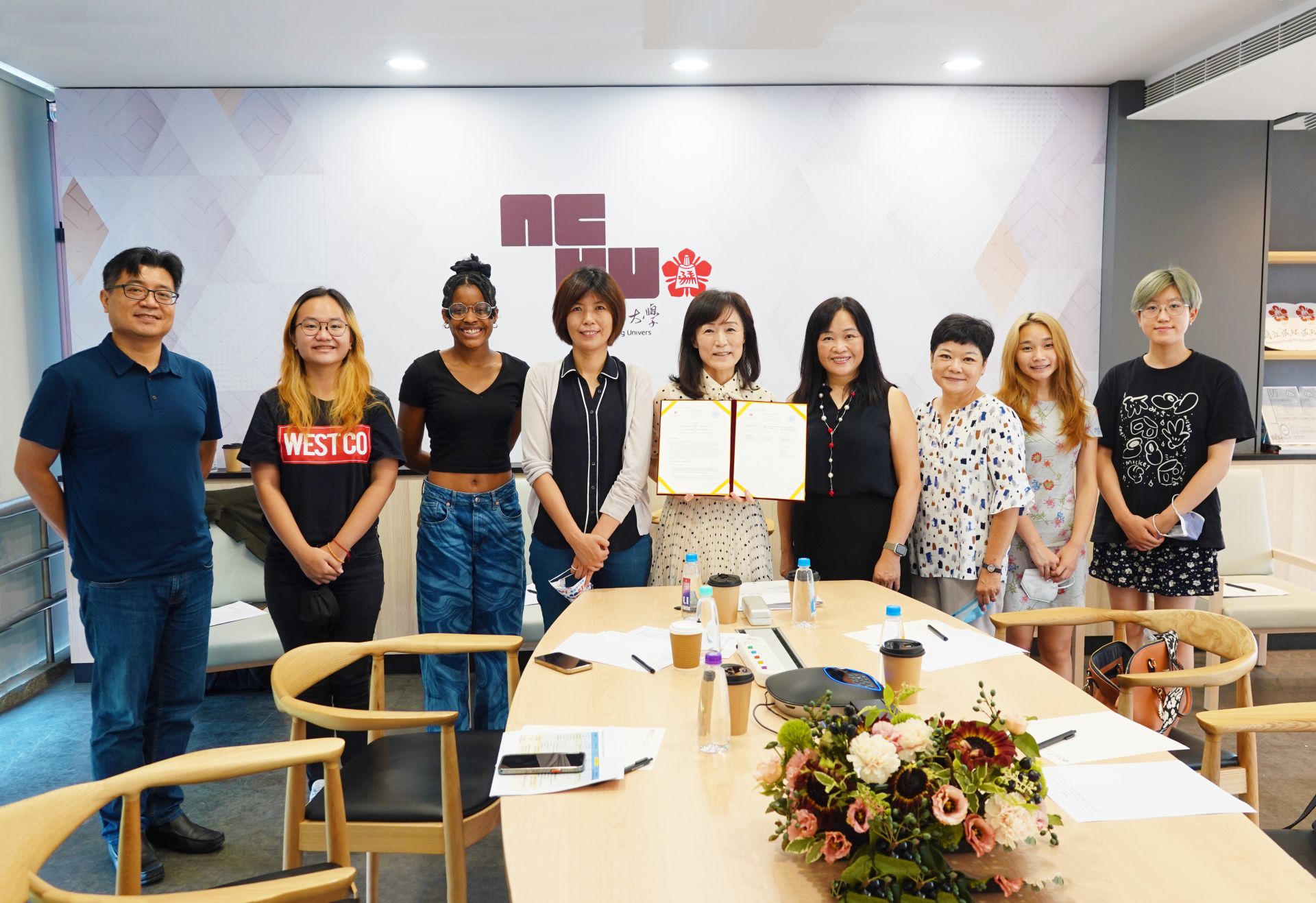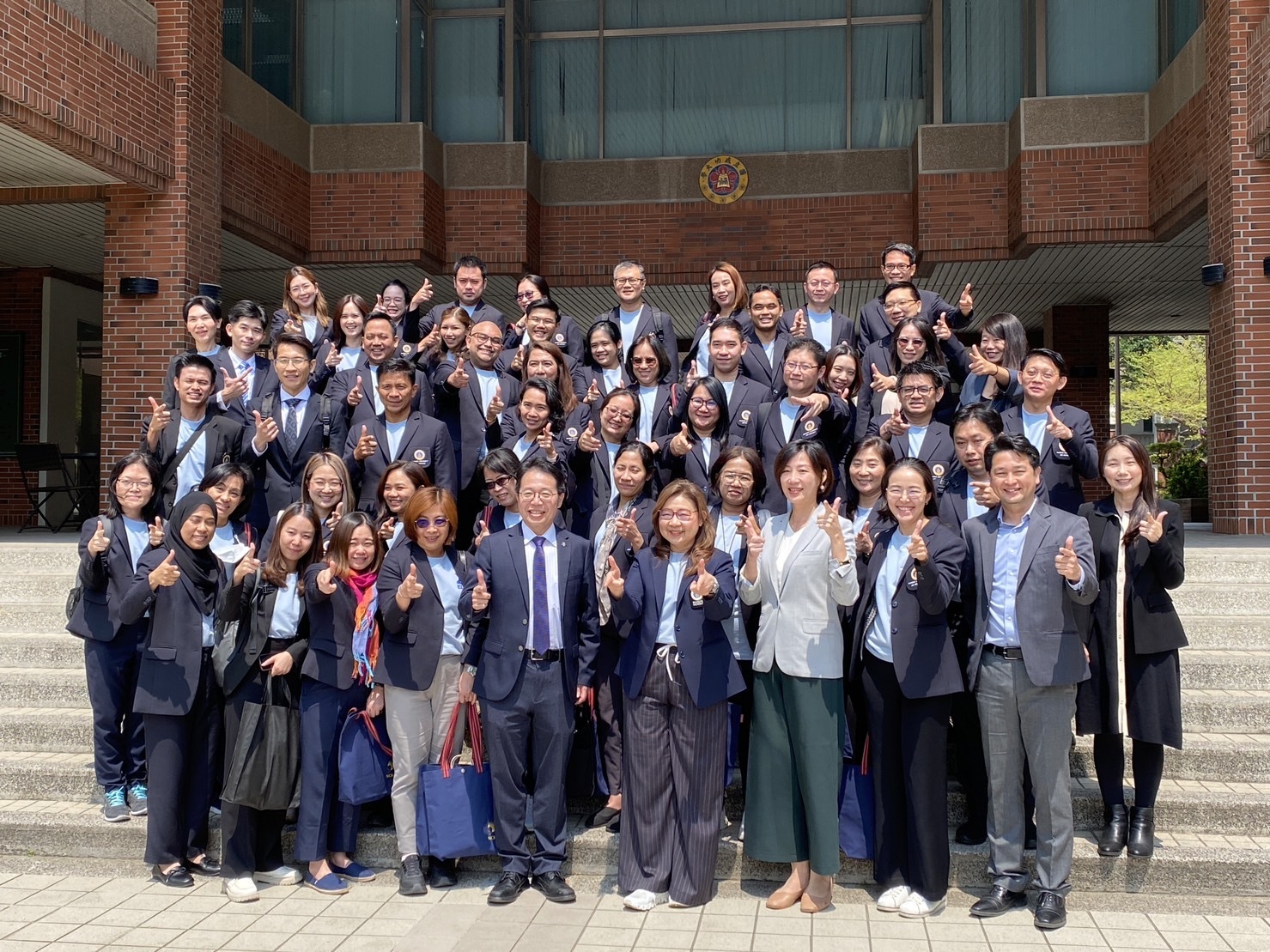SDG17
The Taiwan Comprehensive University System Sustainable Development Intercollegiate Research Project: Create Research Value
The Taiwan Comprehensive University System, composed of National Cheng Kung University (NCKU), National Chung Hsing University (NCHU), National Chung Cheng University (CCU), and National Sun Yat-sen University (NSYSU), launched the “Sustainable Development Intercollegiate Research Project” to encourage faculty teams from two or more universities to collaborate across campuses. The initiative aims to facilitate the sharing of software and hardware resources, thereby maximizing research impact. In 2025 (Year 114 in the Taiwanese Minguo calendar), 34 proposals were submitted, of which 9 were approved, including 3 projects led by NCKU.
This program focuses on SDG-related objectives and integrates practical industry resources, covering topics such as aging societies, healthcare, health technologies, energy development, legal and human rights protection, and social welfare. It consists of one-year individual incubator projects and multi-year integrated research projects, with approved funding accounting for 46% of the TCUS annual R&D budget.
The individual projects approved at NCKU include “Analyzing the Marchantia peptidome to identify conserved functional peptides” and “Janus Particle-Enabled Tear Exosome Biosensor for Non-Invasive and Early Breast Cancer Screening.” The single two-year integrated project is titled “Development of a Heterogeneous Unmanned Vehicle Collaborative System for Marine Oil Spill Monitoring Technology Based on High Altitude Platform Stations,” comprising three sub-projects: (1) integration and collaboration of high-altitude communication platforms, (2) optimization of sea performance and integration of autonomous navigation systems for unmanned surface vehicles, and (3) an unmanned aerial system for marine oil spill detection.
Project Highlights and Objectives:
“Analyzing the Marchantia peptidome to identify conserved functional peptides”
Project Leader: Associate Professor Ying-Lan Chen, Department of Biotechnology and Bioindustry Sciences, NCKU
Co-leader: Assistant Professor Guan-Ru Lu, Graduate Institute of Biotechnology, NCHU
During plant growth, internal signaling systems coordinate physiological responses. Research shows that plants use small protein molecules, called “peptides,” as signaling molecules to regulate growth and defense mechanisms. The team collected vascular sap from various plants and discovered a peptide sequence present and identical in camphor trees, poplars, eucalyptus, tomatoes, soybeans, and corn, which they named ASAP (Angiosperm Sap Peptide). ASAP promotes plant growth, enhances immunity against pests and diseases, and regulates lignin synthesis. Remarkably, the team also identified genes encoding ASAP in mosses, which lack vascular systems, suggesting that ASAP is likely a universal signaling molecule among terrestrial plants.
The researchers aim to investigate ASAP’s transport mechanisms and evolutionary significance, potentially developing pesticide-free, eco-friendly plant self-defense mechanisms. This technology could be applied to agricultural breeding and biostimulant development, enhancing crop resilience under extreme climates and thereby supporting food security and sustainable agriculture.
“Janus Particle-Enabled Tear Exosome Biosensor for Non-Invasive and Early Breast Cancer Screening”
Project Leader: Professor Han-Sheng Chuang, Department of Biomedical Engineering, NCKU
Co-leader: Assistant Professor Jian-Xing Wu, Department of Biomedical Sciences and Engineering, NSYSU
In Taiwan, breast cancer is the most common cancer among women and a leading cause of cancer-related death. Early detection is crucial. The research team discovered that tears contain biomarkers for breast cancer. Combined with previously developed biparticle nano-probes, this could lead to a non-invasive, rapid detection method. This technology relies on exosomes released by cancer cells and requires only a small tear sample (10 µL), delivering results in under 30 minutes. Importantly, it can integrate with smartphones, allowing patients to screen conveniently and painlessly anytime, anywhere.
This innovation addresses challenges associated with conventional cancer screening, including lengthy diagnostics, low screening rates, high dependence on healthcare professionals, discomfort, and invasiveness. It has the potential to improve public health and reduce the burden on Taiwan’s National Health Insurance system. For the medical industry, the product falls within the mid- to low-tier medical device category, potentially stimulating upstream and downstream industrial development and attracting investment from domestic companies.
“Development of a Heterogeneous Unmanned Vehicle Collaborative System for Marine Oil Spill Monitoring Technology Based on High Altitude Platform Stations”
Project Leader: Professor Yu-Xian Lin, Department of Systems and Naval Mechatronic Engineering, NCKU
Sub-project 1: Integration and collaboration of high-altitude communication platforms, co-leader: Professor Jia-Zhan Chang, Department of Electrical Engineering, CCU
Sub-project 2: Optimization of sea performance and integration of autonomous navigation systems for unmanned surface vehicles, Professor Yu-Xian Lin, NCKU
Sub-project 3: Unmanned aerial system for marine oil spill detection, co-leader: Associate Professor Wei-Liang Zhuang, Department of Marine Environment and Engineering, NSYSU
Marine oil pollution poses serious threats to marine ecosystems. The team is developing a “heterogeneous unmanned vehicle collaborative system” integrating three types of vehicles—unmanned aerial vehicles (UAVs), unmanned surface vessels (USVs), and high-altitude communication platforms (HAPS)—to establish a multi-dimensional smart monitoring network. UAVs provide real-time aerial imagery, USVs collect near-surface data on oil thickness and coverage, and HAPS act as airborne base stations to transmit data instantly. AI technology will be applied to automatically interpret imagery, allowing precise analysis of oil distribution and characteristics.
This collaborative approach effectively overcomes the limitations of traditional monitoring methods in terms of timeliness and precision, particularly for sudden offshore oil spills, significantly enhancing data integration efficiency and response speed. While initially focused on oil spill monitoring, the system could be expanded in the future for marine debris detection, ecosystem conservation, and offshore search and rescue operations.
This program focuses on SDG-related objectives and integrates practical industry resources, covering topics such as aging societies, healthcare, health technologies, energy development, legal and human rights protection, and social welfare. It consists of one-year individual incubator projects and multi-year integrated research projects, with approved funding accounting for 46% of the TCUS annual R&D budget.
The individual projects approved at NCKU include “Analyzing the Marchantia peptidome to identify conserved functional peptides” and “Janus Particle-Enabled Tear Exosome Biosensor for Non-Invasive and Early Breast Cancer Screening.” The single two-year integrated project is titled “Development of a Heterogeneous Unmanned Vehicle Collaborative System for Marine Oil Spill Monitoring Technology Based on High Altitude Platform Stations,” comprising three sub-projects: (1) integration and collaboration of high-altitude communication platforms, (2) optimization of sea performance and integration of autonomous navigation systems for unmanned surface vehicles, and (3) an unmanned aerial system for marine oil spill detection.
Project Highlights and Objectives:
“Analyzing the Marchantia peptidome to identify conserved functional peptides”
Project Leader: Associate Professor Ying-Lan Chen, Department of Biotechnology and Bioindustry Sciences, NCKU
Co-leader: Assistant Professor Guan-Ru Lu, Graduate Institute of Biotechnology, NCHU
During plant growth, internal signaling systems coordinate physiological responses. Research shows that plants use small protein molecules, called “peptides,” as signaling molecules to regulate growth and defense mechanisms. The team collected vascular sap from various plants and discovered a peptide sequence present and identical in camphor trees, poplars, eucalyptus, tomatoes, soybeans, and corn, which they named ASAP (Angiosperm Sap Peptide). ASAP promotes plant growth, enhances immunity against pests and diseases, and regulates lignin synthesis. Remarkably, the team also identified genes encoding ASAP in mosses, which lack vascular systems, suggesting that ASAP is likely a universal signaling molecule among terrestrial plants.
The researchers aim to investigate ASAP’s transport mechanisms and evolutionary significance, potentially developing pesticide-free, eco-friendly plant self-defense mechanisms. This technology could be applied to agricultural breeding and biostimulant development, enhancing crop resilience under extreme climates and thereby supporting food security and sustainable agriculture.
“Janus Particle-Enabled Tear Exosome Biosensor for Non-Invasive and Early Breast Cancer Screening”
Project Leader: Professor Han-Sheng Chuang, Department of Biomedical Engineering, NCKU
Co-leader: Assistant Professor Jian-Xing Wu, Department of Biomedical Sciences and Engineering, NSYSU
In Taiwan, breast cancer is the most common cancer among women and a leading cause of cancer-related death. Early detection is crucial. The research team discovered that tears contain biomarkers for breast cancer. Combined with previously developed biparticle nano-probes, this could lead to a non-invasive, rapid detection method. This technology relies on exosomes released by cancer cells and requires only a small tear sample (10 µL), delivering results in under 30 minutes. Importantly, it can integrate with smartphones, allowing patients to screen conveniently and painlessly anytime, anywhere.
This innovation addresses challenges associated with conventional cancer screening, including lengthy diagnostics, low screening rates, high dependence on healthcare professionals, discomfort, and invasiveness. It has the potential to improve public health and reduce the burden on Taiwan’s National Health Insurance system. For the medical industry, the product falls within the mid- to low-tier medical device category, potentially stimulating upstream and downstream industrial development and attracting investment from domestic companies.
“Development of a Heterogeneous Unmanned Vehicle Collaborative System for Marine Oil Spill Monitoring Technology Based on High Altitude Platform Stations”
Project Leader: Professor Yu-Xian Lin, Department of Systems and Naval Mechatronic Engineering, NCKU
Sub-project 1: Integration and collaboration of high-altitude communication platforms, co-leader: Professor Jia-Zhan Chang, Department of Electrical Engineering, CCU
Sub-project 2: Optimization of sea performance and integration of autonomous navigation systems for unmanned surface vehicles, Professor Yu-Xian Lin, NCKU
Sub-project 3: Unmanned aerial system for marine oil spill detection, co-leader: Associate Professor Wei-Liang Zhuang, Department of Marine Environment and Engineering, NSYSU
Marine oil pollution poses serious threats to marine ecosystems. The team is developing a “heterogeneous unmanned vehicle collaborative system” integrating three types of vehicles—unmanned aerial vehicles (UAVs), unmanned surface vessels (USVs), and high-altitude communication platforms (HAPS)—to establish a multi-dimensional smart monitoring network. UAVs provide real-time aerial imagery, USVs collect near-surface data on oil thickness and coverage, and HAPS act as airborne base stations to transmit data instantly. AI technology will be applied to automatically interpret imagery, allowing precise analysis of oil distribution and characteristics.
This collaborative approach effectively overcomes the limitations of traditional monitoring methods in terms of timeliness and precision, particularly for sudden offshore oil spills, significantly enhancing data integration efficiency and response speed. While initially focused on oil spill monitoring, the system could be expanded in the future for marine debris detection, ecosystem conservation, and offshore search and rescue operations.
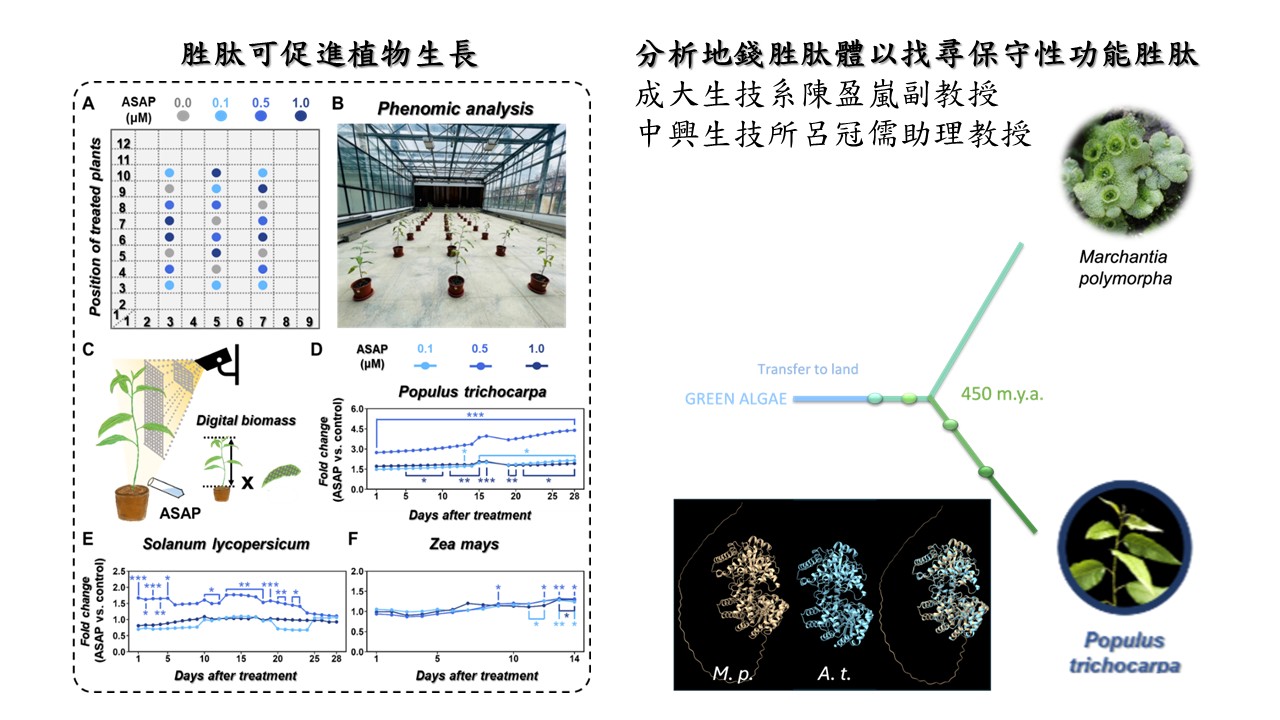
Project illustration by Associate Professor Ying-Lan Chen
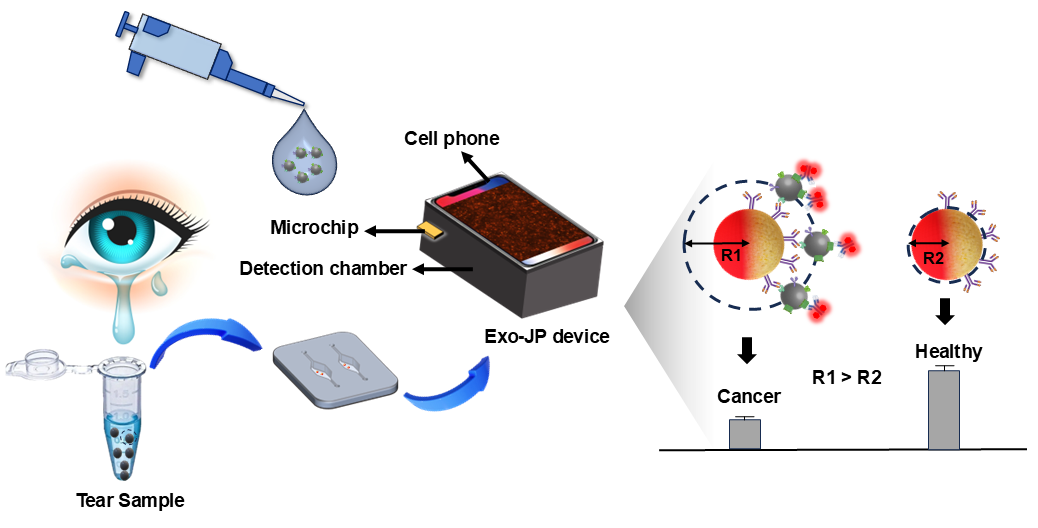
Project illustration by Professor Han-Sheng Chuang
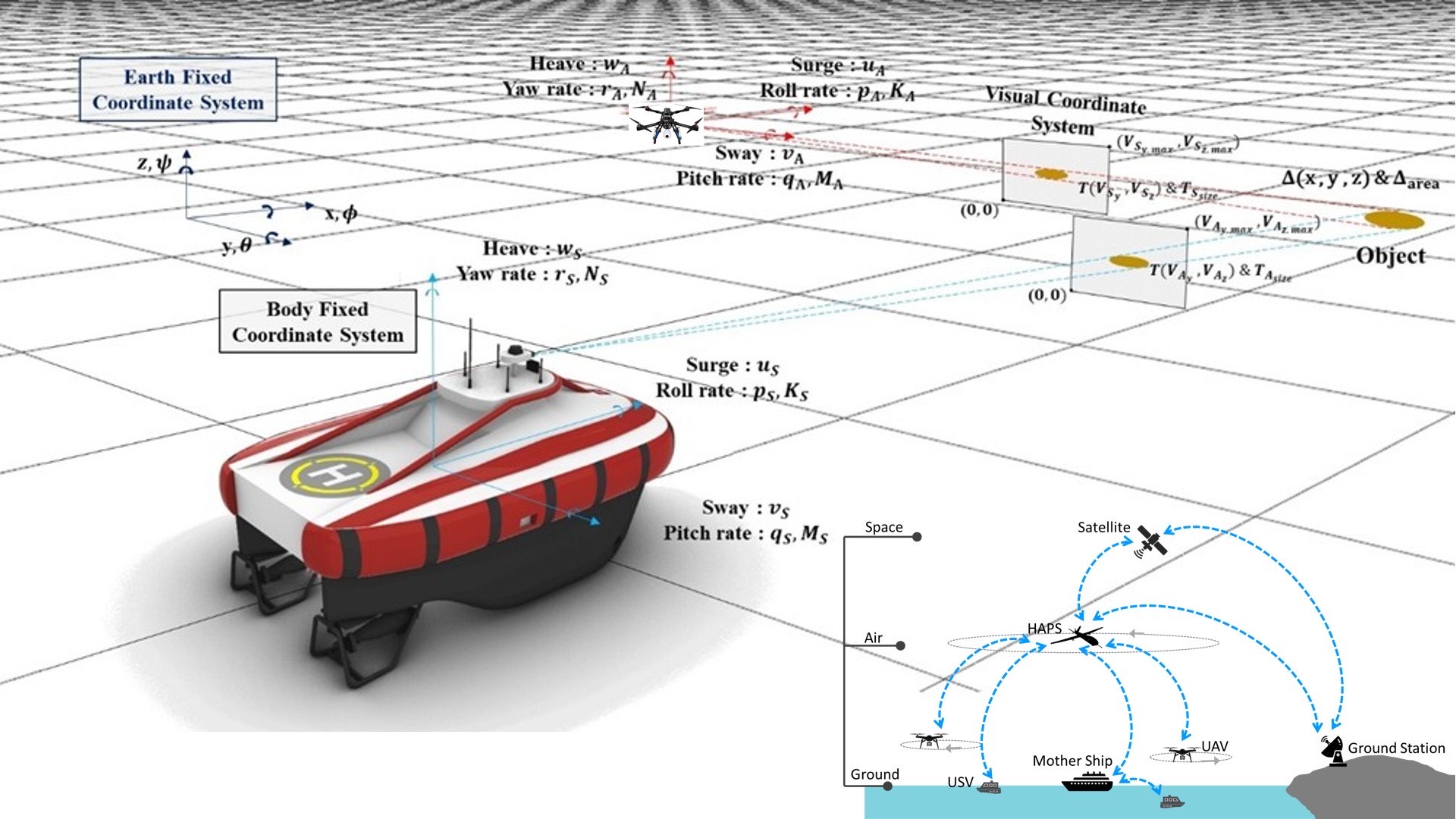
Project illustration by Professor Yu-Xian Lin











